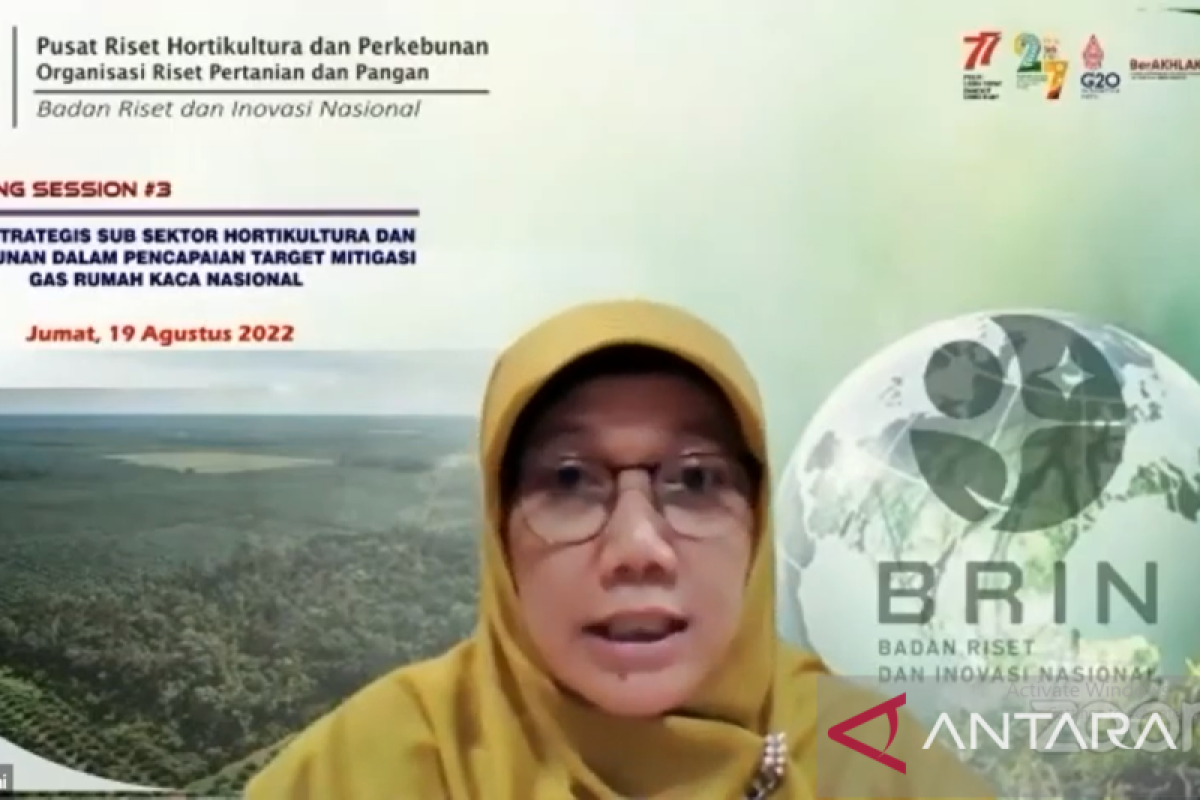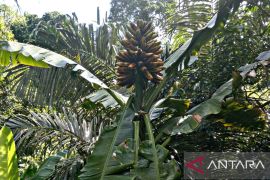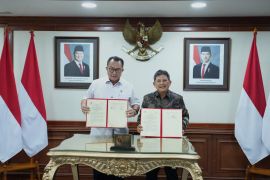"Precise horticultural cultivation will reduce emissions intensity while increasing plantation production and quality," she explained at a webinar entitled “The Strategic Role of the Horticulture and Plantation Sub-Sector in Achieving the National Greenhouse Gas Mitigation Target,” which was followed from Jakarta on Friday.
Meanwhile, the development of plantation crops on degraded land can increase land carbon absorption and help meet the increasing global demand for plantation commodities.
Utami noted that carbon is an element that has unique characteristics. During the cycle, carbon in the atmosphere is absorbed by plants through the process of photosynthesis and stored in the form of biomass and organic material in the soil, including peat.
Later, carbon is released back into the atmosphere due to deforestation, decomposition of organic matter, and land fires, she added.
Planting plantation crops that have high carbon density on land with low organic carbon content is an effective way to reduce the concentration of carbon in the atmosphere, she said.
Related news: Indonesia continues to reduce emissions in building, waste sectors
The plantation sub-sector has an important role in identifying commodities that are most suitable to the land characteristics by considering land management, the environment, and other supporting aspects, Utami added.
Increasing carbon absorption through the development of the plantation sub-sector could significantly contribute to the national green house gas (GHG) emission reduction target from the agricultural sector.
A young expert researcher at BRIN’s Horticulture and Plantation Research Center, Triyani Dewi, said that carbon footprints are stored longer in the soil in the form of charcoal.
Biochar is biomass charcoal made from agricultural waste with limited oxygen that has a unique characteristic.
Besides being able to maintain the balance of carbon and nitrogen in the soil in the long term, biochar is also a remediation material for heavy metal contamination in agricultural land.
The application of biochar with compost to the land can help increase soil fertility, raise marginal land productivity, and support carbon storage in the soil.
The application of biochar with compost into the soil can also reduce the availability of heavy metals in soil contaminated with heavy metals.
Related news: PGN, PIM to develop blue ammonia to reduce emissions
Related news: Waste management can reduce greenhouse emissions: deputy minister
Translator: Martha Herlinawati S, Resinta S
Editor: Suharto
Copyright © ANTARA 2022












